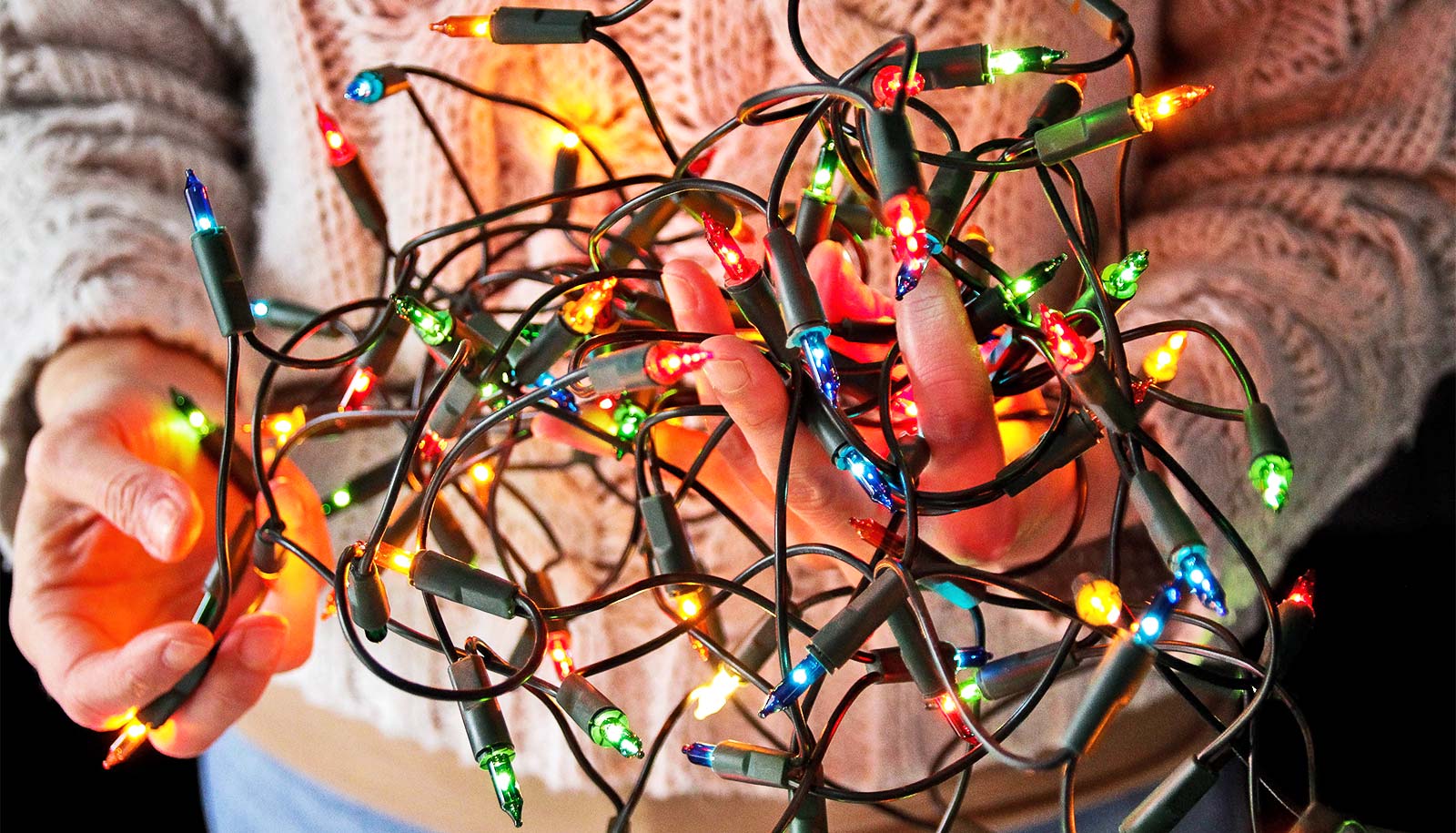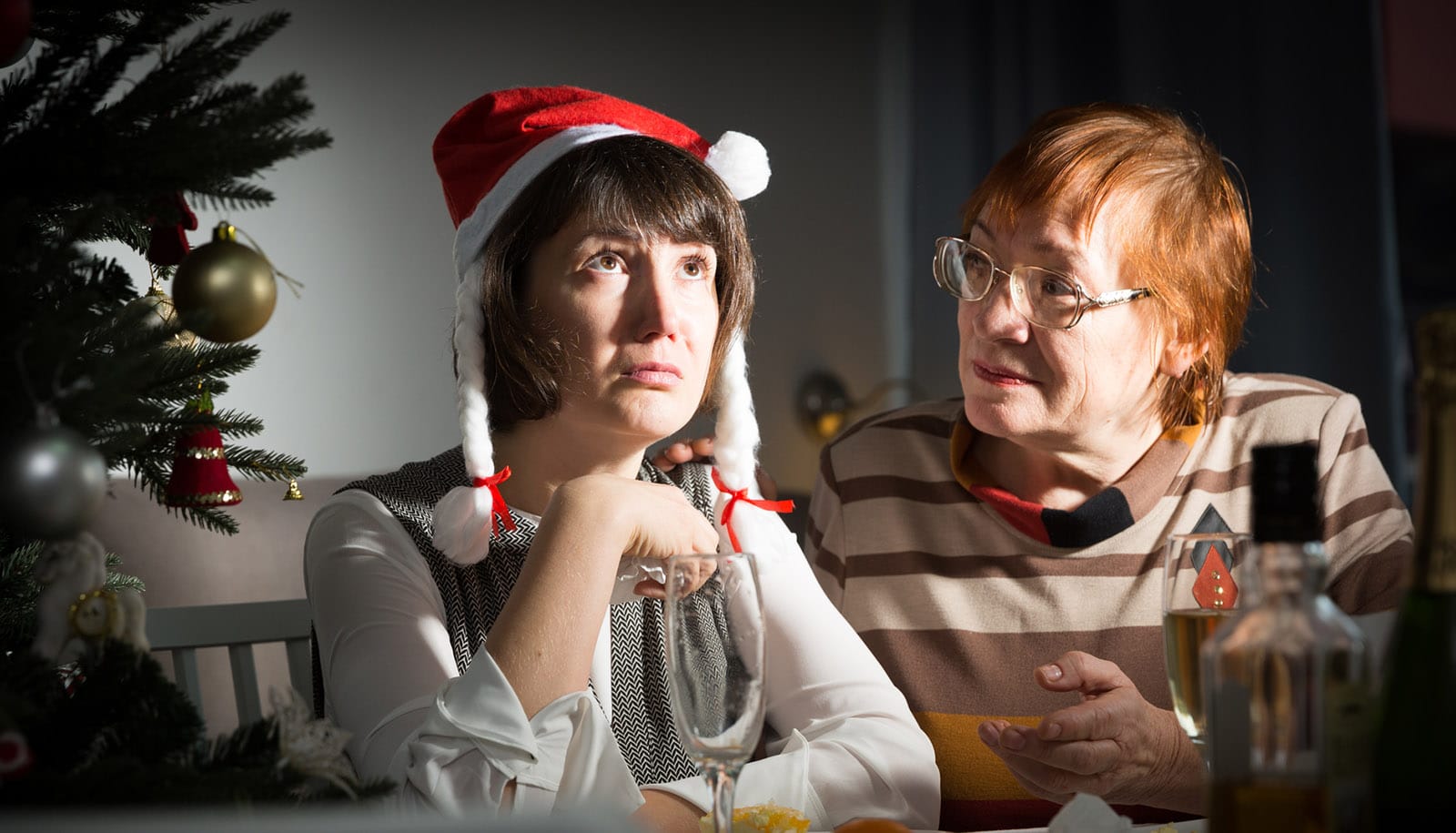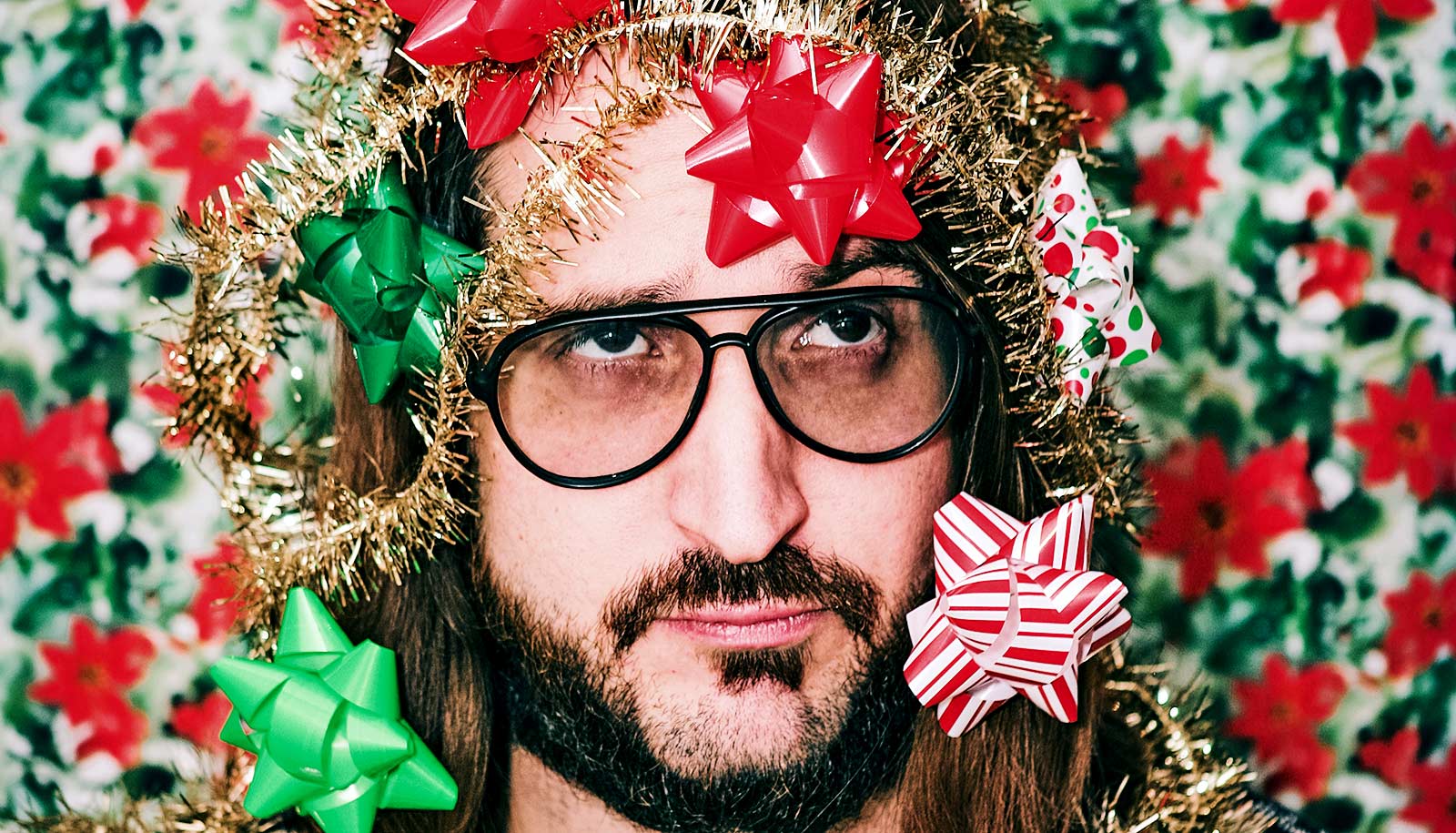Experts have tips for you to help you mitigate anxiety during the holiday season.
The holidays are traditionally a time to gather with family and friends, hold lavish dinners, fun parties, exchange gifts, take trips, and decorate the house to bring in the spirit of the special days.
But all that merrymaking can bring with it a lot of anxiety. For many, it can be overwhelming.
Anxiety disorders are the number one mental health concern in the United States, according to the National Institutes of Mental Health. About 40 million people have an anxiety disorder, according to the National Alliance on Mental Illness.
“Anxiety happens when you are anticipating a threat or anticipating danger,” says Jill Ehrenreich-May, professor of psychology and pediatrics at the University of Miami. “With anxiety, because you are conceptualizing what might happen in a given situation, you might worry about it, which is thinking about elements of that possible threat again and again.”
This worry can sometimes lead the person to experience sensations of fear, when they may feel their breathing becoming more rapid, restlessness, lightheadedness, or feeling tired. Some people have these sensations when worrying but do not recognize it as anxiety, says Ehrenreich-May.
It is important to realize symptoms of anxiety so that steps can be taken to mitigate it. Some ways to ease the anxiety can be through using logic to re-evaluate the danger or using meditation or mindfulness strategies to be more present in the here and now, she says. Calming the mind is essential so that one can be more logical in coping with worry, she says.
“With the holiday season, there can be anticipation about interaction with certain people, and the social stress of interacting with these people can be stressful or a hassle,” she says. But even though the first reaction may be to try to avoid the situation, preparing for it can be helpful, she says.
“So, what if the uncle can be difficult during dinner?” she says. “You can plan how to handle it. Remind yourself of when or how you might walk away, for example.”
The many physical preparations for holiday celebrations can also bring on stress and anxiety. But Ehrenreich-May says that rather than concentrating on the entire task as a whole, breaking it down into smaller pieces helps minimize anxiety.
“For instance, try to approach the tasks in a way that they don’t feel so overwhelming,” she says. “You may not have to plan an entire trip in advance; rather, just do one small thing, like first booking where you are going to stay when you arrive.”
Other experts have says that delegating certain tasks to other members of the family and setting up a timed schedule with dates and tasks that need to be carried out ahead of the event can help minimize the stress and anxiety.
It is also important to be mindful of taking care of oneself, always, but especially during the holidays.
Arlette Perry, professor in the kinesiology and sport sciences department at the School of Education and Human Development, says one of the best ways to reduce anxiety is by exercising. She says working out on any elliptical machine works well because you can increase the incline and intensity.
“After the workout, you should feel 100% better,” she says. “The body releases several beta endorphins, which make you feel more relaxed. During recovery from exercise, there is vasodilation (opening) of the blood vessels, which reduces blood pressure and makes you feel more relaxed.”
She recommends this type of workout three to five times a week for a total of 150 minutes, which aligns with national recommendations.
“Resistance training, working both large and small muscle groups, can also reduce blood pressure, anxiety, and stress,” she says, “A standard workout using 10 exercises averaging a 10-repetition maximum working the lower body, upper body, and abdominal area provide a complete workout. These will certainly help to relieve anxiety.”
Source: University of Miami



